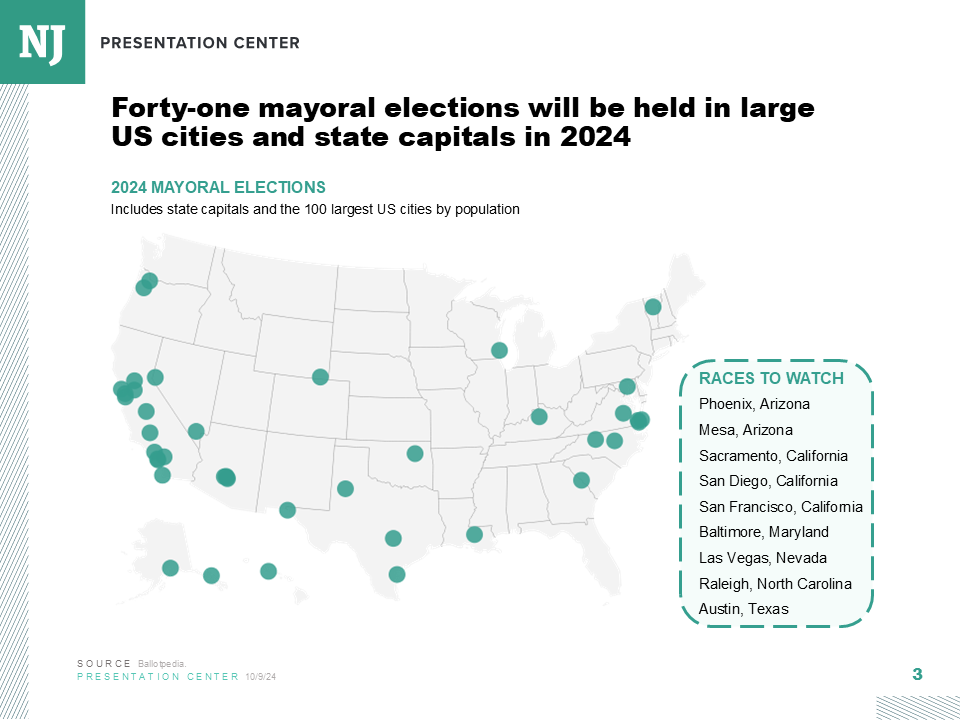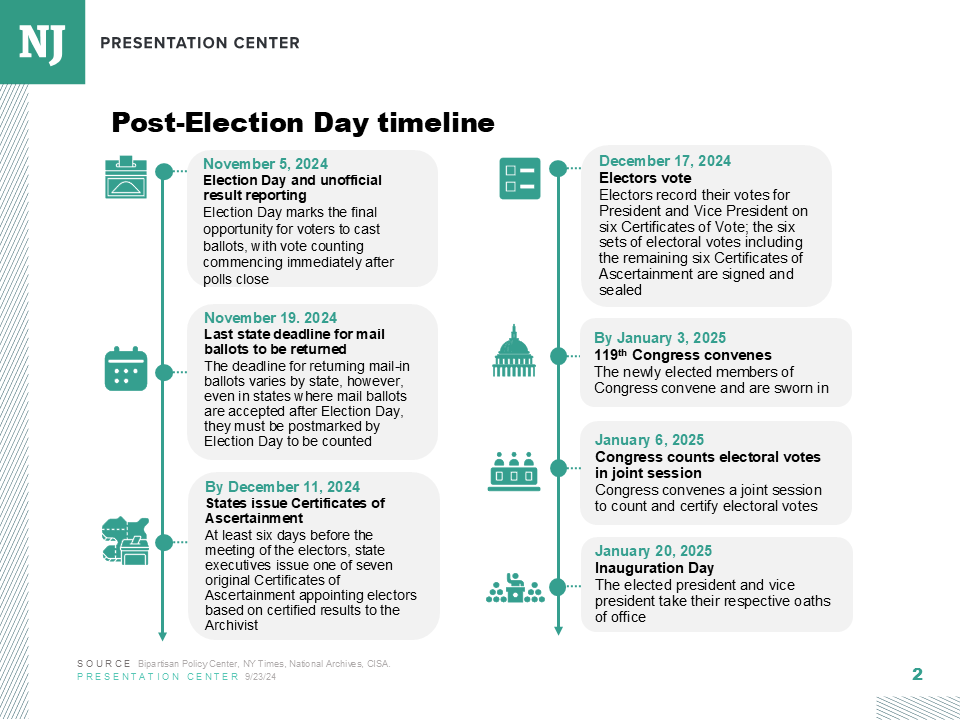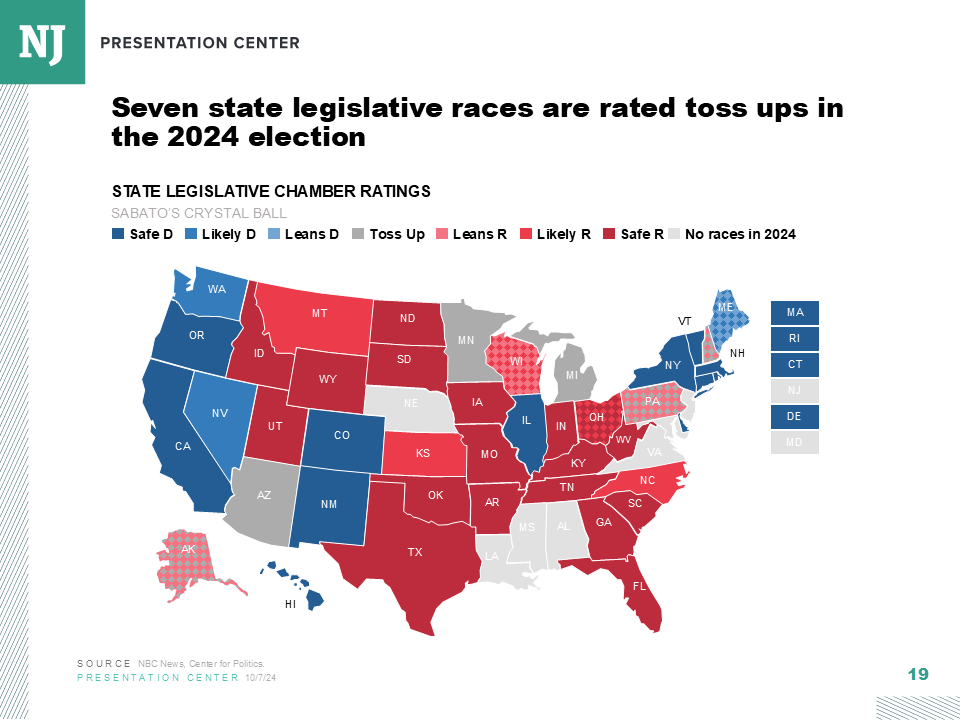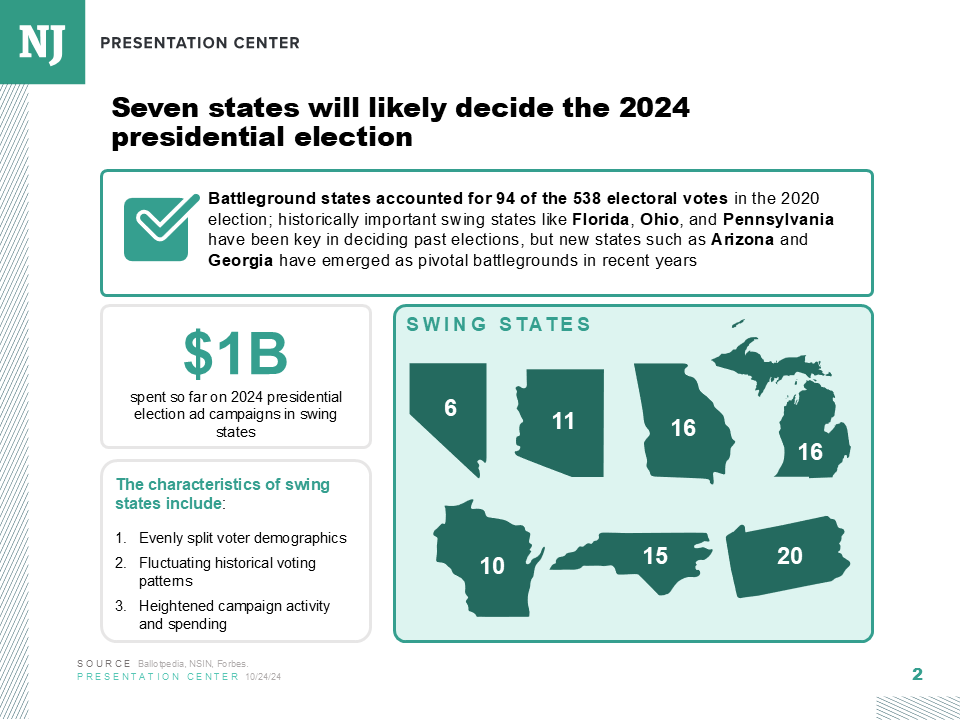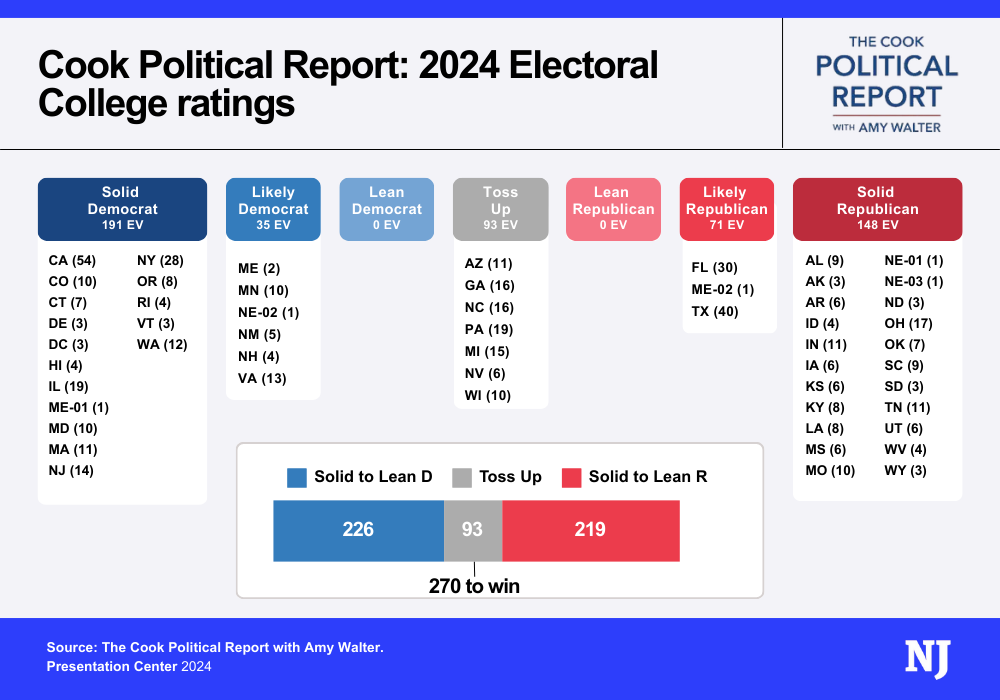Last week a federal district court struck down a new Maine law that limits super PAC contributions. Seventy-five percent of state voters approved the restrictions in a ballot initiative last November.
The law caps individual donations to super PACs at $5,000 per year. Currently, super PACs can solicit unlimited contributions from donors.
The ruling does not come as a surprise. Since the Supreme Court’s landmark Citizens United ruling in 2010, which declared restrictions on corporate independent expenditures a violation of the First Amendment, all subsequent cases challenging the ruling have failed.
The organizers behind the ballot initiative even expected the measure to fail in court.
“Even the Defendants acknowledge that I am bound to follow Supreme Court precedent on this point and admit that their argument is primarily intended to preserve the issue for subsequent levels of review,” U.S. Magistrate Judge Karen Frink Wolf wrote in her decision.
Indeed, the district court’s ruling is the just next step in organizers’ campaign, as they prepare their appeal.
“The real place we've got to win is the First Circuit, and the First Circuit has never considered the question of whether Super PACs are constitutionally mandated,” legal scholar Lawrence Lessig, who helped organize the effort, told National Journal in an interview earlier this year. “So if we can win in the First Circuit, that we will certainly be in the Supreme Court and that's obviously the ultimate objective.”
The law and the legal fallout could have a significant ripple effect across the campaign finance world, said Hilary Braseth, president of OpenSecrets, a nonpartisan money-tracking organization.
“Somebody might not feel the need to be clandestine if they’re giving five grand versus five million,” Braseth told Hotline. “I think that could actually be really interesting to see if that has any impact, if at all, on the influence of dark money in politics.”
Still, the law faces long odds in court, given Supreme Court precedent. Moreover, the justices in the conservative majority have not seemed interested in reform.
The ruling comes at a pivotal time for campaign finance and the Court. Last month, the justices took up a challenge to coordinated expenditure restrictions. Should the Republican plaintiffs emerge victorious, candidates and party committees could coordinate on TV ads without restriction, allowing the parties to purchase TV time at the cheaper candidate rate. Such a ruling would undoubtedly favor the GOP, which has historically struggled to keep pace with Democratic fundraising.
— James A. Downs
jdowns@nationaljournal.com




